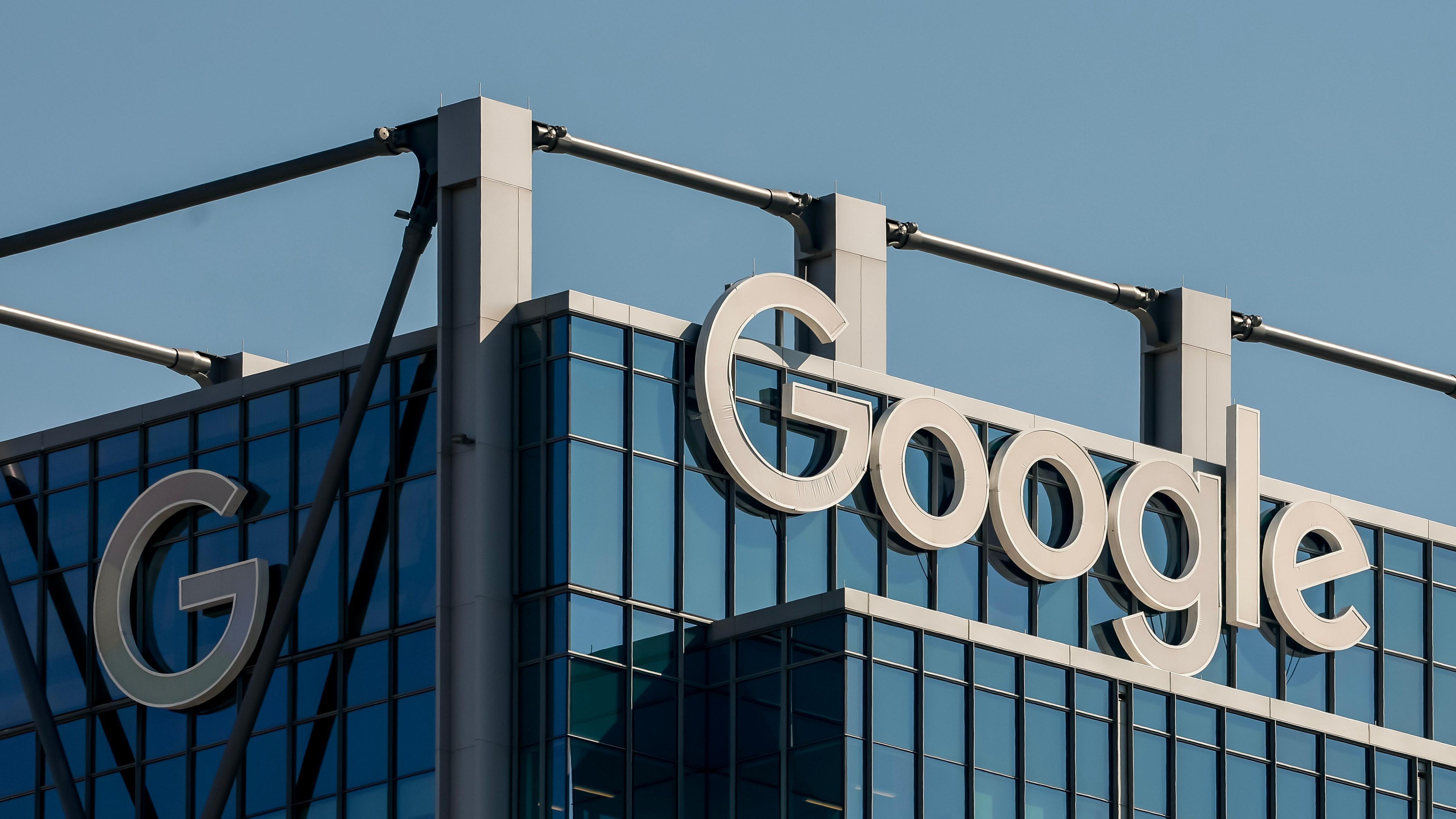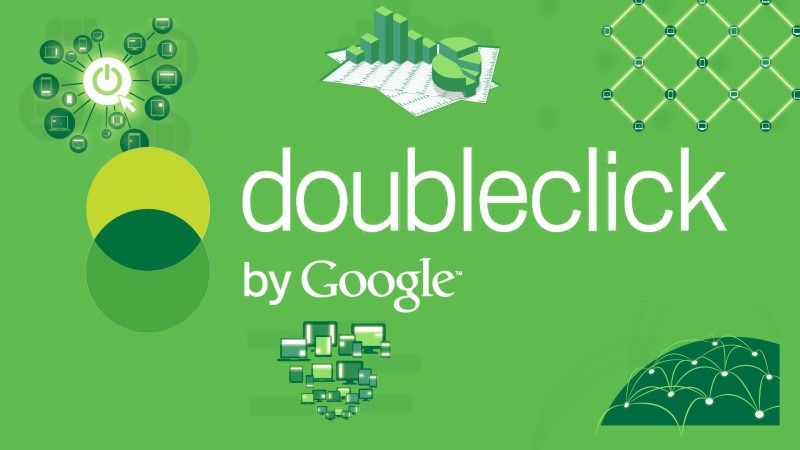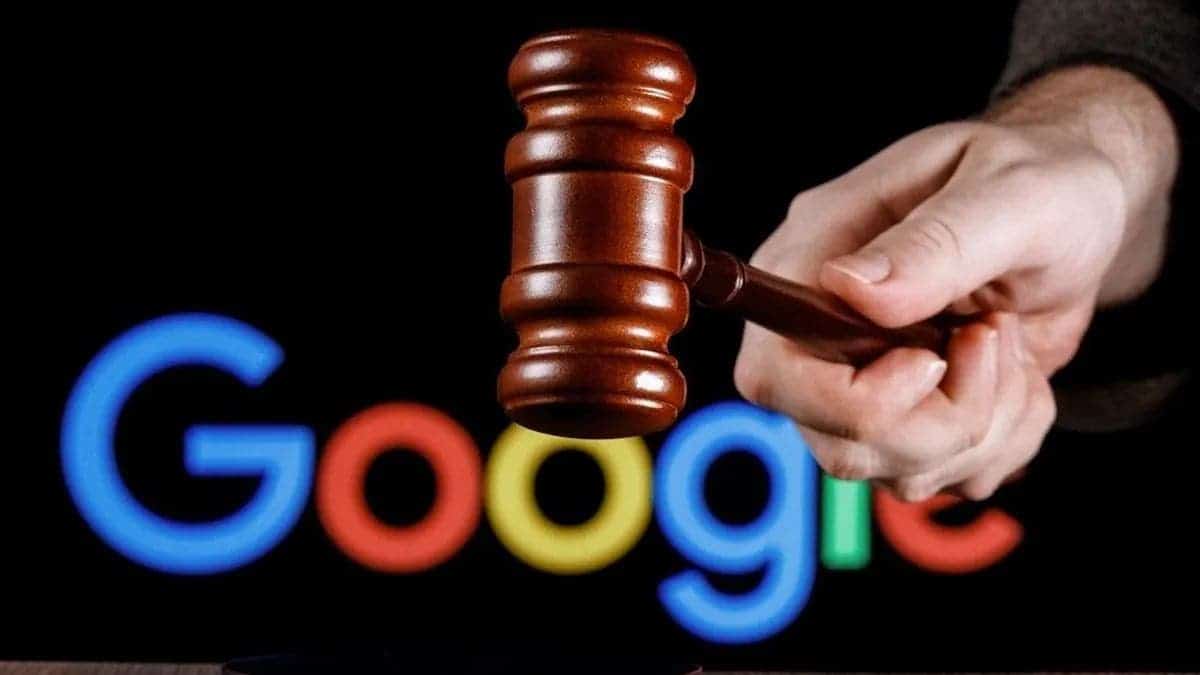A Battle Over Google’s Dominance in Online Advertising
In a case that could reshape the future of online advertising, Google finds itself at the center of a legal battle with the U.S. Department of Justice (DOJ) over its advertising technology. Already under scrutiny for its dominance in search engines, Google is now facing allegations that its advertising practices are monopolistic and harmful to competition. The outcome of this case, which is expected to be decided by the end of the year, could have profound implications not only for Google but for the broader digital advertising landscape.
Here's ads banner inside a post

At the heart of the case is whether Google’s ad technology business — which generates billions of dollars annually — constitutes an illegal monopoly that stifles competition and harms consumers and publishers. The closing arguments are set for Monday, and U.S. District Judge Leonie Brinkema will soon decide whether Google has abused its market power in the online advertising sector.

Here's ads banner inside a post
The Allegations: Google’s Trifecta of Market Power
The DOJ’s case against Google focuses on the company’s dominance in the “open-web display advertising” market, which includes the display ads that populate websites across the internet. These ads appear in the form of rectangular banners on the side or top of web pages — a ubiquitous feature of the online browsing experience. The DOJ argues that Google has built and maintained an illegal monopoly through its ad technology suite, which consists of several interrelated products: DoubleClick, Google Ads, and AdExchange.

- DoubleClick is a technology widely used by news sites and other online publishers to serve ads on their platforms.
- Google Ads is a service where advertisers can place their ads on websites that participate in Google’s advertising network.
- AdExchange conducts real-time auctions where advertisers bid to have their ads displayed on publishers’ websites.
Together, these products give Google unparalleled control over both the supply and demand sides of the online advertising market. By controlling the tools that allow advertisers to place ads and the platforms that host those ads, Google has, according to the DOJ, effectively eliminated competition and set exorbitant fees that publishers — particularly smaller ones — struggle to overcome.
Here's ads banner inside a post
In court filings, the DOJ’s attorneys argue that Google’s practices are designed to protect its “trifecta of monopolies” rather than serve the interests of its customers — the publishers and advertisers who rely on its platforms. This, the DOJ claims, has led to news organizations and content creators being unable to generate the revenue they deserve, as Google takes a significant cut of advertising revenues in its role as a middleman.

Google’s Defense: A Narrow Focus and Expanding Competition
Google has strongly contested the allegations, arguing that the DOJ’s focus is too narrow and that the company’s share of the overall online advertising market is not as dominant as it seems. While Google may control a substantial portion of the open-web display advertising market, it insists that this is just one part of a much larger advertising ecosystem. When accounting for social media platforms like Facebook, streaming services like YouTube, and app-based advertising, Google argues that its share of the market drops to about 25%, and even this figure is shrinking as competitors like Amazon and Facebook continue to gain ground.
The company also contends that the government’s case is based on complaints from a small number of its competitors, such as Microsoft and other large publishers, who are disgruntled about Google’s success. In court papers, Google describes the lawsuit as a result of these complaints, rather than a reflection of widespread anticompetitive conduct.

In addition, Google asserts that it has invested billions of dollars in developing and maintaining its advertising technology, which it claims helps to efficiently match advertisers with potential consumers. The company further argues that it should not be compelled to share its technology with competitors simply because it is successful.
“Requiring a company to do further engineering work to make its technology and customers accessible by all of its competitors on their preferred terms has never been compelled by U.S. antitrust law,” Google’s lawyers wrote in their filings.

The Government’s Argument: A Violation of Antitrust Laws
The DOJ’s case hinges on the claim that Google has used its control over the digital advertising marketplace to manipulate prices, exclude competitors, and stifle innovation. This, the government argues, is a violation of the Sherman Antitrust Act, which prohibits monopolistic practices that harm competition.

The DOJ’s attorneys argue that Google’s dominance in ad technology has led to inflated fees for publishers and smaller advertisers who lack the leverage to negotiate better terms. These fees, the DOJ claims, have ultimately resulted in higher advertising costs for consumers and fewer choices for advertisers and publishers alike.
The government also points to the failure of Google’s competitors to gain significant market share in the open-web display advertising space. While smaller players exist, they have struggled to compete against Google’s vast infrastructure, customer base, and technological expertise. The DOJ asserts that Google’s market power is not just a result of superior products or services but of anti-competitive tactics that make it virtually impossible for rivals to enter or thrive in the market.

What’s at Stake? Potential Remedies and Future Implications
The potential consequences of this case extend far beyond just Google’s ad business. If Judge Brinkema rules in favor of the DOJ and finds that Google has engaged in illegal monopolistic practices, the company could be forced to divest its ad technology business. This would likely include selling off its DoubleClick platform, Google Ads, and AdExchange products, which collectively generate tens of billions of dollars in revenue for the company.
Such a divestiture could fundamentally alter the dynamics of the online advertising market, opening the door for competitors to gain market share and possibly reducing the fees that publishers currently pay to Google. However, Google has warned that such a move could disrupt the efficiency of online advertising, potentially harming the very publishers and advertisers that the DOJ seeks to protect.
The stakes are also high in terms of the broader regulatory landscape. If the DOJ succeeds in proving that Google’s advertising technology constitutes an illegal monopoly, it could set a precedent for future antitrust cases against other tech giants like Amazon, Facebook, and Apple, which are all facing growing scrutiny over their market power.
Moreover, the case could influence how regulators approach the regulation of digital platforms in the future. With the increasing role of technology in all aspects of life, the outcome of this case may signal whether the U.S. government will take a more aggressive stance toward regulating the tech industry or whether companies like Google will continue to operate largely free of antitrust scrutiny.
The Path Ahead for Google and the Online Advertising Industry
As the trial nears its conclusion, all eyes will be on Judge Brinkema’s ruling and what it means for Google’s future. While the company has vigorously defended its practices, the DOJ’s case raises important questions about the balance of power in the digital advertising market. If Google is found to be a monopoly, the consequences could ripple through the tech industry, reshaping how online ads are sold, bought, and displayed. Whatever the outcome, this trial is a pivotal moment in the ongoing struggle over how to regulate the power of tech giants in the modern economy.



